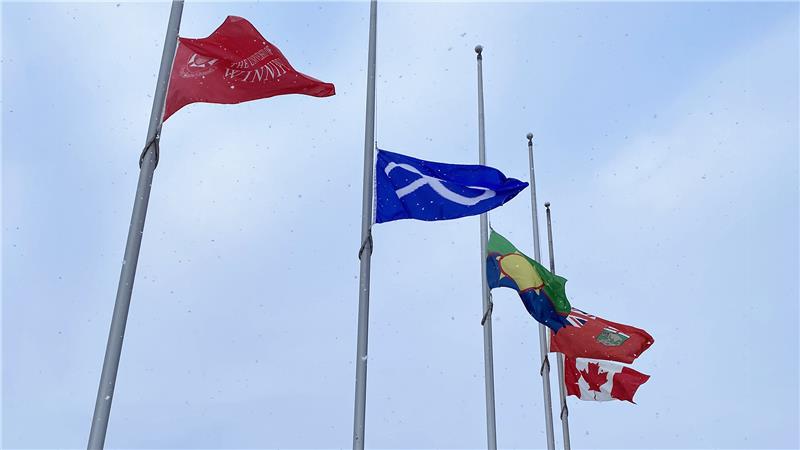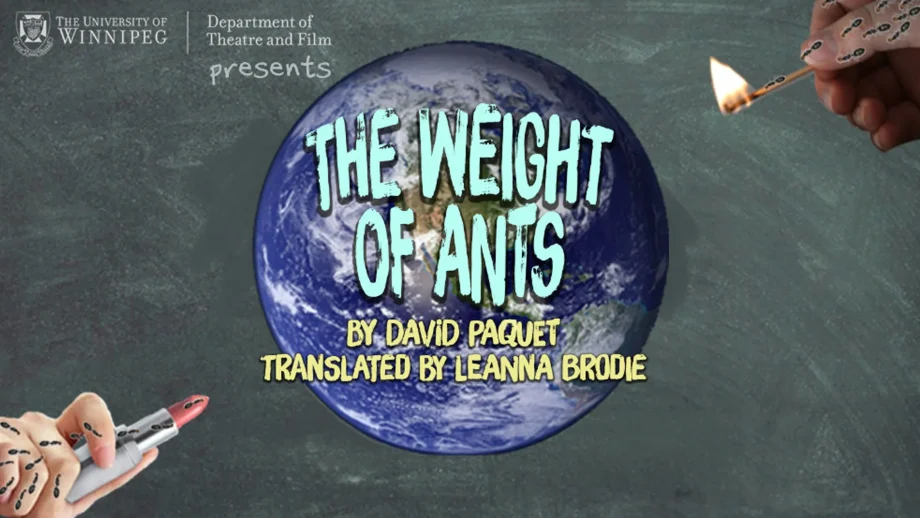This evening, The University of Winnipeg’s Board of Regents approved a revised balanced budget of $140 million for 2020-2021.
The budget reflects a 3.7 per cent reduction to our base operating grant from the provincial government, which is equivalent to $2.3 million. The province will permit UWinnipeg to apply to recoup the $2.3 million by submitting a plan in September that outlines how we are ensuring high-quality education and how we are responding to challenges associated with COVID-19. The development of this plan is underway.
Beyond the operating grant reduction, UWinnipeg is projecting substantial revenue losses from campus operations impacted by COVID-19 — most notably in international student enrollments, housing, parking, printing, and recreational services. Combined with the grant decrease, this amounts to $11.3 million less in revenue than pre-pandemic projections.
2020-2021 budget savings were found through further expenditure reductions in vacancy management (leaving job vacancies unfilled), discretionary travel, supplies, security, and campus services.
As approved in the University’s original budget in May, undergraduate tuition will increase by an average of 3.75% over last year, varying by program, which translates to $118 for the average student ($165 if taking a full load of five courses). UWinnipeg remains one of the most affordable options in Canada for post-secondary education.
UWinnipeg is one of the leanest and most efficient universities in Canada. Its improving financial stability is the result of a strategic three-year budgeting process — along with a series of difficult decisions. Since 2015, restructuring has eliminated 36% of senior administrative management positions at UWinnipeg, as well as 15% of academic administrator positions. Several non-senior management roles were also removed. Salaries for all non-unionized staff were frozen several times in recent years.
“While UWinnipeg has worked strenuously for many years to restore financial stability, implications of the global pandemic have made for an extraordinary budgetary situation in 2020,” said Dr. Annette Trimbee, President and Vice-Chancellor.
“Our faculty and staff have responded with incredible resilience under pressure while we undertake major changes to keep the University operating. On behalf of the senior leadership group, I want to convey sincere thanks to all for helping to ensure we continue to fulfill our core mission of growing leaders. We know that education is critical to the recovery. There will be growing demand for highly-qualified people to drive the economy — the capable, skilled, versatile graduates we produce.”





